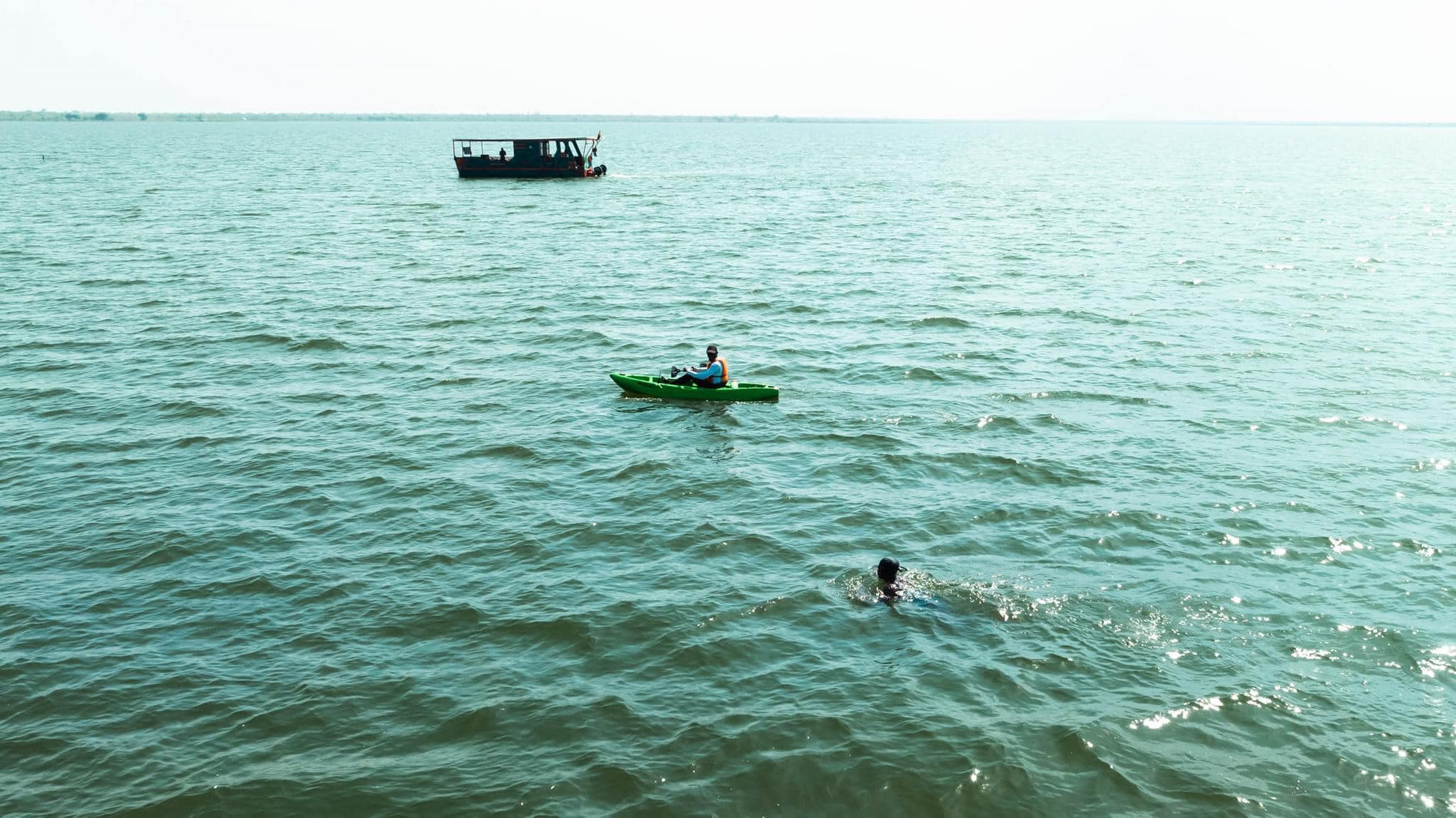
Volta River In Ghana
The Volta River is a major river in Ghana, located in West Africa. It is one of the most important rivers in the country, both for its economic and ecological significance.
The Volta River is a major river in Ghana, West Africa. It is the main drainage system for the Volta Basin, which covers a significant portion of the country and extends into neighboring countries such as Burkina Faso, Togo, and Cote d’Ivoire.
The river has played a significant role in the development of Ghana, particularly in the generation of hydroelectric power and irrigation. The construction of the Akosombo Dam in the mid-1960s created the Volta Lake, one of the world’s largest man-made lakes, by blocking the flow of the Volta River. The dam’s reservoir stretches over a vast area, covering about 8,502 square kilometers (3,283 square miles).

READ ALSO: Importance of Recycling
Here are some key details about the Volta River:
- Location: The Volta River flows through Ghana, forming part of the eastern border with the Republic of Togo. It begins in the north of Ghana, near the Burkina Faso border, and flows southward into the Atlantic Ocean.
- Size: The Volta River is the longest river in Ghana, with a total length of about 1,600 kilometers (990 miles). It is also one of the largest rivers in West Africa.
- Hydroelectric Power Generation: The Volta River is known for its hydroelectric power generation. The Akosombo Dam, situated on the Volta River in southeastern Ghana, created the Lake Volta, which is the world’s largest artificial reservoir by surface area. The dam’s power station, with an installed capacity of 1,020 megawatts, provides a significant portion of Ghana’s electricity.
- Lake Volta: As mentioned earlier, the construction of the Akosombo Dam created Lake Volta. It covers an area of about 8,502 square kilometers (3,283 square miles) and stretches for approximately 400 kilometers (250 miles) from the southern to the northern parts of Ghana. It is not only an important water source but also supports fishing and transportation.
- Fishing and Transportation: The Volta River and Lake Volta support a thriving fishing industry. Many communities along the river rely on fishing as a primary source of livelihood. Additionally, the river and lake system provide transportation routes for both goods and people, contributing to the local economy.
- Environmental Importance: The Volta River Basin is a crucial ecosystem, hosting a diverse range of plant and animal species. The river and its surrounding wetlands serve as habitats for numerous species, including birds, reptiles, and amphibians.
- Tourism: The Volta River and Lake Volta also attract tourists. Visitors can enjoy boat cruises, fishing trips, and other water-based activities. The scenic beauty of the river and the surrounding landscapes make it a popular destination for nature lovers.
The Volta River plays a significant role in Ghana’s economy, energy production, transportation, and ecology. It is an essential natural resource that contributes to the country’s development and sustains the livelihoods of many communities along its banks.
READ ALSO: Kaakyire Kwame Appiah Woa Wohwea








